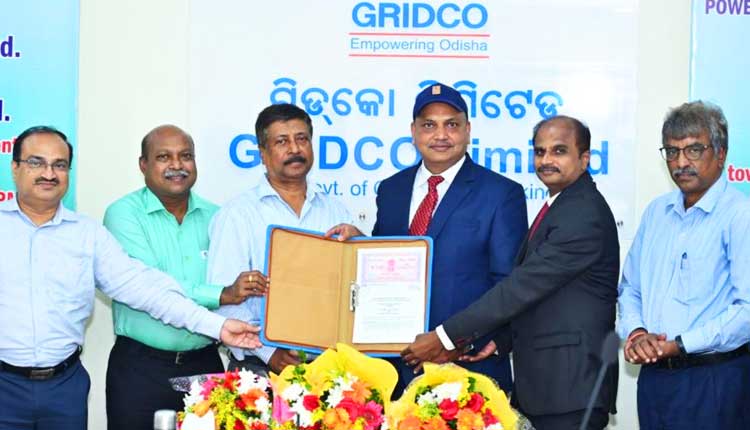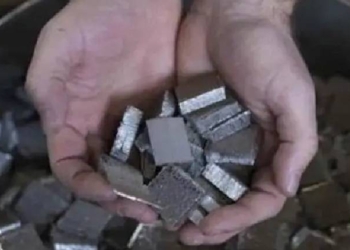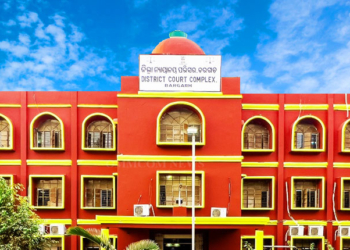New Delhi: State-owned Neyveli Lignite Corporation of India Limited (NLCIL) and Grid Corporation of Odisha Limited (GRIDCO) on Thursday inked a power purchase agreement (PPA) in Bhubaneswar for supply of 800 mega watt (MW) electricity. Under the agreement, GRIDCO will source 800 MW electricity from the upcoming Talabira thermal power plant of NLCIL.
“NLCIL and GRIDCO Ltd signed a PPA today in GRIDCO Ltd in Bhubaneswar for 400 MW for stage-1 and 400 MW for stage-2. With this agreement, NLCIL has achieved full capacity of 2,400 MW of its Talabira super thermal power station stage-I,” a statment issued by NLCIL said on Thursday.
The pact was signed in the presence of NLCIL Chairman M. Prasanna Kumar and GRIDCO’s Managing Director Trilochan Panda.
NLCIL has already signed similar agreements in the past with Tamil Nadu, Kerala and Pondicherry for 1,500 MW, 400 MW, and 100 MW power supply respectively from Neyveli Talabira super thermal power station stage-I, the statement further said.
NLCIL’s Talabira thermal power plant is among the three plants, which the Coal Ministry has set up as part of its diversification plans.
Coal Secretary Amrit Lal Meena had told IANS in an exclusive interview recently that as the ministry has coal, land and water, it has decided to build three pithead thermal power plants. One of these is the Talabira thermal plant in Odisha, which is being built by NLCIL and it will have 2,400 MW capacity. The second will be Mahanadi Basin thermal power plant in Odisha, which will also be of 2,400 MW capacity and is being developed by Mahanadi Coalfields Limited (MCL).
The third thermal power plant will be Amarkantak power plant, in collaboration with Madhya Pradesh government. South Eastern Coalfields Limited (SECL) and Madhya Pradesh Power Generating Company Ltd (MPGENCO) will jointly execute this project, which is a 660 MW plant.
All the three projects are in advanced stages of initiation and de-coaled land is being identified for them, Meena had said. An area where a mine has been closed down after operation is called de-coaled land.
(IANS)















